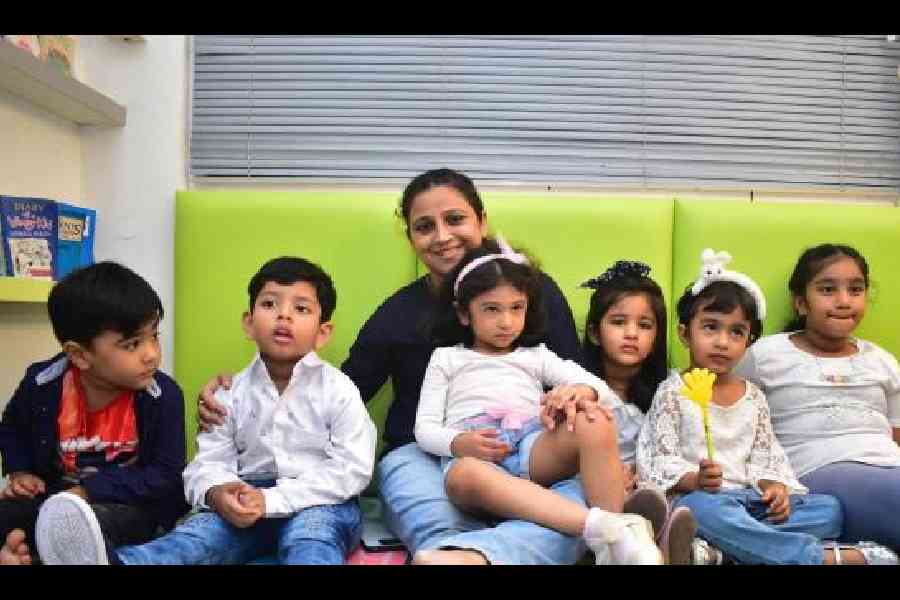After directing three films that travelled to festivals and received recognition, Indira Dhar Mukkherjee recently had the OTT release of her fourth, where she explores a genre that is seldom explored. The children’s short film Stars is her first film in this genre and delves into the minds of the little ones through an interesting lyrical format. With the film streaming on MX Player, t2 caught up with the director on the making.
Stars was born out of your own experience with your toddler during and after the pandemic. Could you tell us more about that experience?
There was a time when I used to discourage my son from watching the screen, be it a mobile screen or a TV screen. But during the Covid times, I allowed my son screen time and have seen the difference myself. Also, children have their own things. They want their time in the park or to play around. The pandemic confined them to their home and they were going through a difficult time. At the same time, there were street children losing their parents to Covid, and after Covid I had seen them roaming on the streets all by themselves. This inspired the film. Stars as a short film was very difficult to shoot because we shot with all the child actors below the age of five, including my son Kabir.
You started with workshops with the kids. What is the feeling of seeing the film on screen finally?
It was a dream and now it is a reality because when I trained them, they were hardly three or three-and-a-half and I took up the challenge to make them sit and understand. I took the cameras with me and the entire technical team was there. I showed them what a camera is, what lights are and how we take the shots. I was surprised that children were absolutely into it. They had so much interest. It is really satisfying.
Actors are known to throw tantrums on the set. Did your child actors throw more tantrums?
(Laughs) I think it is easier to handle kids than some (adult) actors because they are happy with just a chocolate and they never asked for a break from me! I think hats off to the parents because they were also at it.
Being a mother and filmmaker, do you think the children’s genre in films is being explored enough for kids of this generation?
I feel when we watch content, we gather information from that content. A child should come to an age to process that information. If they are not mature for the content, it might have a negative impact on them. With OTT, everything is very open now. Kids can watch anything any time. But we don’t know how they will use it. I feel this as a mother. As a filmmaker, I feel we should come up with more content for our children. There is a scarcity of content pertaining to children in our country. Maybe that is why our short film is on a national OTT now.
Stars is a lyrical film. What made you explore this form?
Stars is lyrical because that is what I felt will suit the space. I felt that for children who will watch this content, the dialogue might not register. I wanted them to see and understand the entire magic of the screen and watch it like a story.
What kind of research went into making the film?
I had collaborated with a child psychiatrist, and when I was going through the research, I understood that children have multiple issues. I have just one son and he has his own traits. During the pandemic, he was into his online games, painting and writing, but there were other children who completely withdrew themselves because they wanted to go and play. They were more stubborn. I tried to show the different issues that they face in this film. I remember an incident where a child had locked her grandmother in the room for fun because she wanted to use her mother’s make-up. I have used that incident in a different way in the film and many people who watched the film told me about it.
You had a special screening for the kids ahead of the OTT release. What were the kids’ reactions after watching themselves on screen?
It was an overwhelming moment. It was at Simbaa Playzone. The children who were there came and hugged me. Parents should watch this film with their children because it talks about the equality of street children and the privileged.











